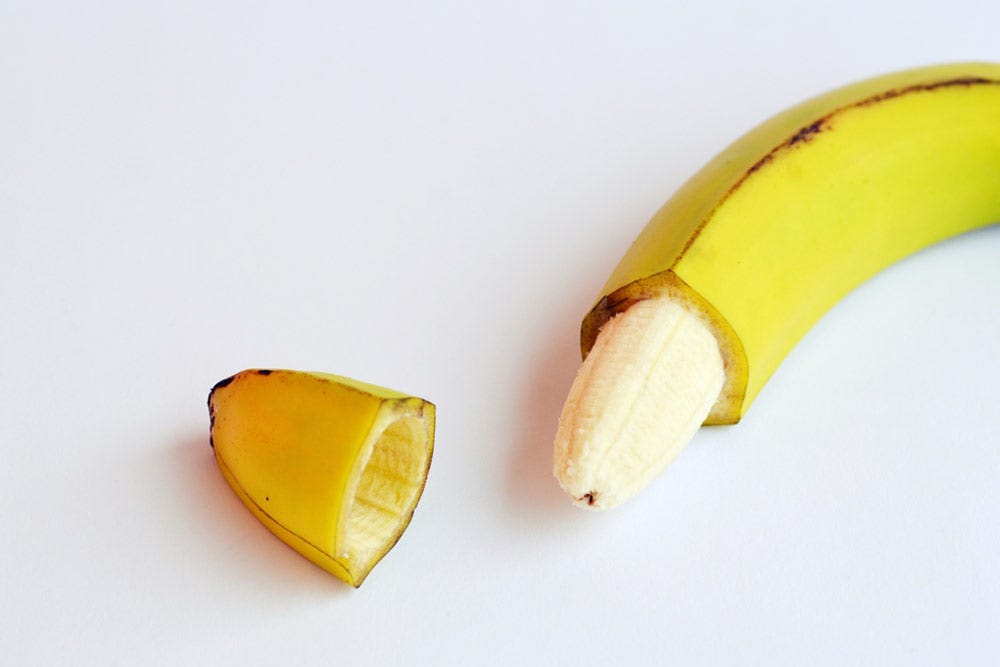Male circumcision is a surgical procedure that removes the foreskin, the skin covering the tip of the penis. It is a common practice worldwide, with religious and cultural significance in many regions, including Dubai. This guide provides a comprehensive overview of male circumcision in Dubai, covering aspects like reasons for circumcision, types of procedures, finding a qualified doctor, aftercare, and legalities.
Reasons for Male Circumcision in Dubai:
There are various reasons why parents in Dubai may choose to circumcise their sons. Some of the most common reasons include:
Religious beliefs: Islam encourages male circumcision, and it is widely practiced among Muslims.
Hygiene benefits: Some studies suggest circumcision may reduce the risk of urinary tract infections and sexually transmitted infections (STIs) in males.
Cultural tradition: Circumcision has been a cultural tradition in the Middle East for centuries.
Social pressure: In some communities, there may be social pressure to circumcise sons.
Types of Male Circumcision Procedures in Dubai:
There are two main types of male circumcision procedures performed in Dubai:
Traditional circumcision: This is the more common method, where the foreskin is removed with a scalpel.
Gomco clamp circumcision: This is a newer technique that uses a specialized clamp to remove the foreskin.
Finding a Qualified Doctor for Male Circumcision in Dubai:
It is crucial to choose a qualified and experienced doctor to perform the circumcision. Here are some tips for finding a good doctor:
Ask your pediatrician for recommendations.
Research hospitals and clinics that offer circumcision services.
Look for doctors who are certified by the Dubai Health Authority (DHA).
Inquire about the doctor's experience in performing circumcisions, especially on newborns.
Pre-Operative Consultation:
Before the circumcision, a consultation with the doctor is essential. During this consultation, the doctor will:
Discuss the reasons for circumcision and answer any questions you may have.
Perform a physical examination of the baby's genitals.
Explain the procedure and potential risks and complications.
Obtain informed consent from the parents.
The Circumcision Procedure:
The circumcision procedure is typically performed on newborns within the first few days of life. It is usually an outpatient procedure, meaning the baby can go home after a short observation period.
Anesthesia: Local anesthesia is commonly used to numb the area around the penis.
The procedure: The doctor will remove the foreskin using the chosen method and then close the wound with stitches or surgical glue.
Duration: The procedure is usually quick, taking around 10-15 minutes.
Post-Operative Care:
Proper aftercare is essential for a smooth recovery. Here are some essential post-operative care tips:
Keep the circumcision site clean and dry.
Apply petroleum jelly to prevent sticking.
Look for signs of infection, such as redness, swelling, or pus.
Dress the baby in loose-fitting clothing.
Monitor pain and administer pain medication as prescribed by the doctor.
Follow-Up Appointments:
Schedule follow-up appointments with the doctor to monitor the healing process and address any concerns.
Legalities of Male Circumcision in Dubai:
Male circumcision is legal and widely practiced in Dubai. However, it is important to ensure the procedure is performed by a qualified medical professional with parental consent.
Considerations for Religious Requirements:
For families with specific religious requirements regarding circumcision, discuss these details with the doctor during the consultation. The doctor can tailor the procedure to meet religious guidelines.
Cost of Male Circumcision in Dubai:
The cost of male circumcision in Dubai can vary depending on the hospital, doctor's fees, and the type of procedure used. It is advisable to contact the chosen hospital or clinic for specific cost information.
Pain Management for the Baby:
Pain management is crucial during and after the circumcision. Doctors typically use local anesthesia and may prescribe pain medication for newborns.
Potential Risks and Complications of Male Circumcision:
As with any surgery, there are potential risks and complications associated with male circumcision. These include bleeding, infection, and issues with wound healing. Discuss these risks in detail with the doctor during the consultation.
Long-Term Benefits of Male Circumcision:
While the long-term benefits of circumcision are debated, some studies suggest it may reduce the risk of UTIs, STIs, and penile cancer in males.
The Decision to Circumcise:
The decision to circumcise a son is a personal one. Parents should weigh the potential benefits and risks, consider religious and cultural factors, and discuss the matter with a healthcare professional before making a decision.
Conclusion:
Male circumcision in Dubai offers a unique blend of tradition and innovation. By employing advanced techniques that prioritize patient comfort, minimize scarring, and promote faster healing, Dubai clinics have established themselves as leaders in this field. Whether seeking a religious procedure or exploring the potential health benefits, Dubai offers a safe, comfortable, and technologically advanced environment for male circumcision.





Comments